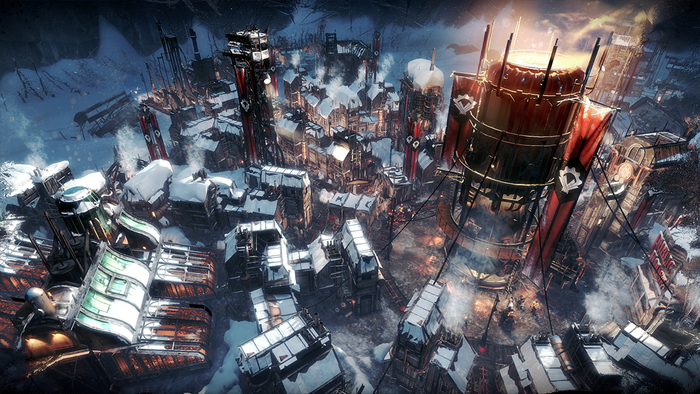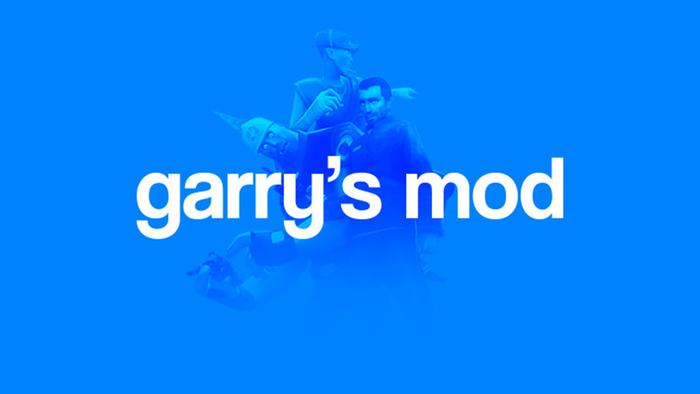Gamasutra kicks off its 'Road To The IGF' interview series by quizzing Mojang's Markus "Notch" Persson about the genesis of the megahit sandbox title and IGF multi-nominee Minecraft.

[Starting Gamasutra's 'Road to the IGF' interview series, talking to all of this year's 2011 Independent Games Festival finalists, Gamasutra speaks with Mojang's Markus "Notch" Persson about Minecraft, a finalist in three IGF categories.] Markus Persson's Minecraft is up for three awards at this year's IGF awards - Technical Excellence, Excellence In Design and the Seumas McNally Grand Prize. The sandbox exploration game has seen huge success already, with over one million copies sold. Here, Persson explains his inspirations for Minecraft, his future plans for the game and when he hopes the final version will be released. What is your background in making games? I started playing around with BASIC when I was seven years old, and made my first text adventure "game" not long after that. I kept programming games as a hobby, and never received any formal education. Several years ago while working as a Java programmer, I made Wurm Online with a friend, a fantasy MMORPG that's still up and running. I left that project after a couple of years mostly because I was only working on the client, and felt frustrated with not having much control of the direction of the game. Later, I got a job as a Flash game programmer for King.com. When I started there, we were 8 people, and my hobby programming wasn't a problem. When we were about 80 people, they told me to keep my hobby development secret, and when they informed me that anything I won in any competitions would belong to King, I quit that job to be able to focus on my hobby programming. The first thing I made after that was Minecraft, so I kind of lucked out there. What development tools are you using to develop Minecraft? I use Eclipse to write the code, subversion for version control, Paint.net to draw the graphics, and Audacity to edit sounds. I've tried using NetBeans, but frankly it's kind of bad. How long have you been working on the game? The first prototype of the game was released early June 2009. I had a regular web development job on the side, and worked 60 percent on Minecraft up until June 2010 when I finally started working on it full time. How did you come up with the concept? I was fascinated by how sandboxy and complex Dwarf Fortress was, but felt frustrated by the over complicated controls, and got the idea to make a three dimensional dungeon building game that was supposed to be a mix of the sandboxyness of Dwarf Fortress, the intuitive interface of Rollercoaster Tycoon and the silliness of Dungeon Keeper. When I tried out a first person mode in the prototype, I stumbled on what Minecraft is now. I knew from the start that I wanted it to be a fantasy resource-based first person adventure type of game, but it took quite a while to reach that point. At what point did you realize that you needed a team to help with the development of the game? I spent a lot of time during the summer of 2010 talking to various business people and companies that wanted to work with me or hire me, so I didn't really have time to reflect on the situation. In the early fall of 2010, I realized that there was more work needed to be done than I could keep up with, and I just wanted to get back to programming, so me and two friends started Mojang. What are the next steps in the development of Minecraft? What is your vision of the final product? We're currently aiming at finishing some kind of full version of the game some time during 2011. High up on priority is a proper modding API that lets people who make mods plug into the game in a way that doesn't break when we update the game. Mods have done great things for other games, and there's a strong modding community for Minecraft already that we need to take care of better. Are there any elements that you've experimented with that just flat out haven't worked with your vision? The game is eccentric enough that most things I've tried fit in fairly well. If my first reaction to an idea is "oh yeah, that would be cool", it usually ends up fitting quite well. We did some experiments with having prettier rounded models for the characters, but in the end we decided to stay with the blocky look. Another thing I played around with was applying a random offset to all polygon corners, giving the world a much more chaotic and organic look. That too ended up distracting too much from the feeling of the game. Have you played any of the other IGF finalists? Any games you particularly enjoyed? I've played a few of them, but far from all. I've played Desktop Dungeons, Cobalt, Super Crate Box and possibly a few more. I've been meaning to give Amnesia a proper chance as everyone keeps saying great things about it, but I'm too terrified to play it. I am very much looking forward to SpyParty, the idea of flipping things around and making humans try to behave like AI instead of the other way around is pure brilliance. What do you think of the current state of the indie scene? The indie scene certainly appears to be doing very well! Great games are appearing, publishers and distributors seem to be embracing it, and the audience is definitely there. To me, it feels like a bit of a revival of gaming in the early 90s where interesting and innovative games made by small teams could reach large audiences. Sure, there wasn't much competition back then, but something got lost when we went from that to the huge studio games of today.
About the Author(s)
You May Also Like







